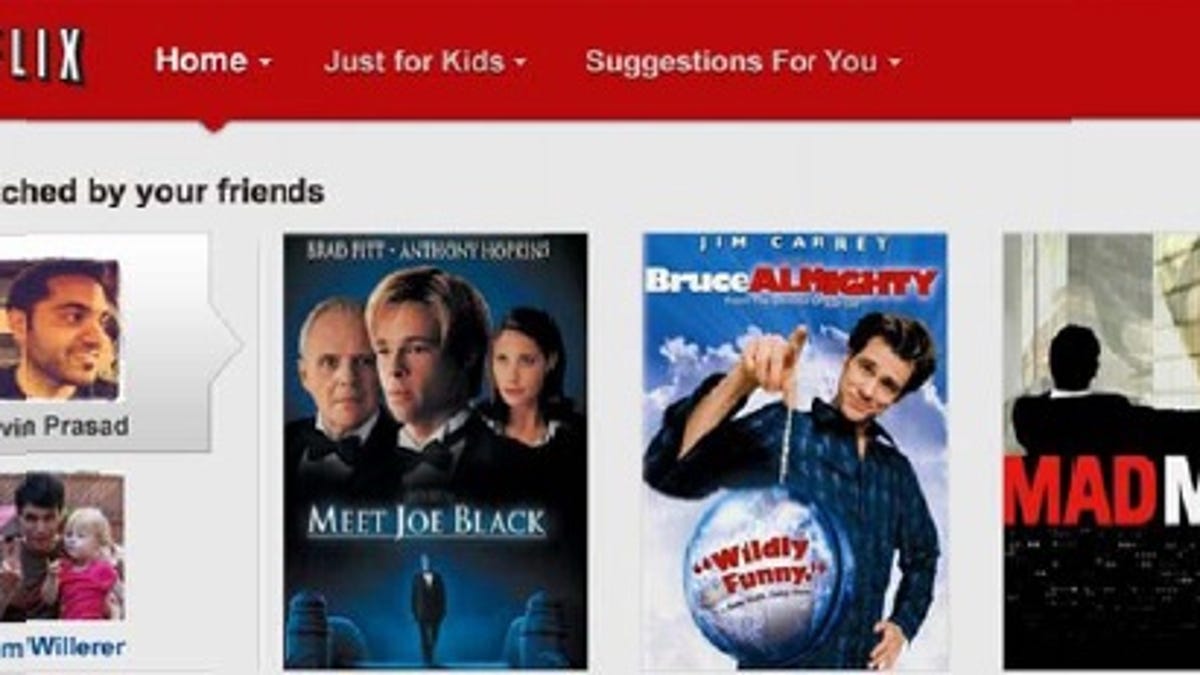Netflix's international expansion: Analysts shout 'cut!'
Many analysts have an increasingly gloomy outlook on Netflix; Wedbush analyst Michael Pachter even says the company's future is in doubt.

Netflix says its international expansion is central to its growth, but analysts are concerned that the company's overseas exploits could deliver a bundle of financial hurt.
Since Netflix first expanded to Canada in 2010, the company has said that it should be able to break even on international investments within two years. However, Sterne Agee analyst Arvind Bhatia today wrote in a note to investors that for Latin America, the U.K., and Ireland--Netflix's most recent international rollouts--it could take even longer to break even, due to rising content costs and stiff competition from alternatives, such as Amazon's Lovefilm.
Wedbush analyst Michael Pachter, a well-known digital-entertainment analyst, criticized what he sees as Netflix's "growth at all costs business model" in a research note today, adding that its desire to expand internationally will only cause it to incur losses for years. Pachter offered up a similar indictment of Netflix's international plans back in November, when he argued that the company should be getting its financial house in order before it starts acquiring more subscribers overseas for little or no incremental gain.
"At a minimum, we expect Netflix to lose $100 million internationally next year, and we think that the figure could rise to as much as $250 [million] to $300 million, based upon its Q4 guidance," Pachter said at the time.
Of course, Netflix sees things differently. The company believes that by expanding internationally, it can grow its business and overcome this year's expected losses. It did, however, acknowledge in a Securities and Exchange Commission filing last year that if the plan doesn't work, things could be tough:
If we are unable to repair the damage to our brand and reverse negative subscriber growth, our business, results of operations, including cash flows, and financial condition will continue to be adversely affected.
But Netflix's troubles aren't limited to the international front. Pachter also wrote that he believes Netflix lost 8 million to 9 million DVD-by-mail subscribers over the second half of 2011, including 2.63 million to 3.63 million subscribers either trading down to streaming-only plans or leaving the service altogether in the fourth quarter.
If the company does, in fact, announce such losses, the news could put more pressure on its stock price, even though its DVD-by-mail business has lost some of its importance as of late, as evidence by Netflix's ill-fated attempt to spinoff the operation into a new company, called Qwikster.
As of this writing, Netflix shares are trading at $100.24, down 45 percent from a year ago. Over the last six months, Netflix shares have fallen 64 percent. Pachter believes that over the next 12 months, Netflix's shares will reach a floor of $45, due to the company's international growing pains and rising content costs. Bhatia declined to provide a price target.
That said, other analysts have chimed in, and Pachter is far more bearish on Netflix's shares than some of his colleagues. Earlier today, Piper Jaffray reiterated a $100 Netflix price target, while Bank of America expects the stock price to drop to $85. Sanford C. Bernstein expects Netflix shares to fall to $71 over the next 12 months.
Update 8:04 a.m. PT to include Sterne Agee details.

